
Dr. Sandeep Jain
Director / General Dentist
BDS, MDS, Adv Dip (Perio)
MRD RCSEd (UK), MRACDS (Aust)
Speaks English, Hindi
If you or someone you share a room with struggles with loud snoring or restless nights, you know how it can affect energy, mood, and overall health. At Discovery Bay Clinic, we provide thoughtful and modern care for sleep apnoea, helping you reclaim peaceful and restorative sleep. We use the Pranaq TipTraQ sleep tracker and custom-made oral devices called Mandibular Advancement Devices (MADs) to offer gentle and effective treatment tailored just for you.
Book a consultation today to start your journey toward better sleep!
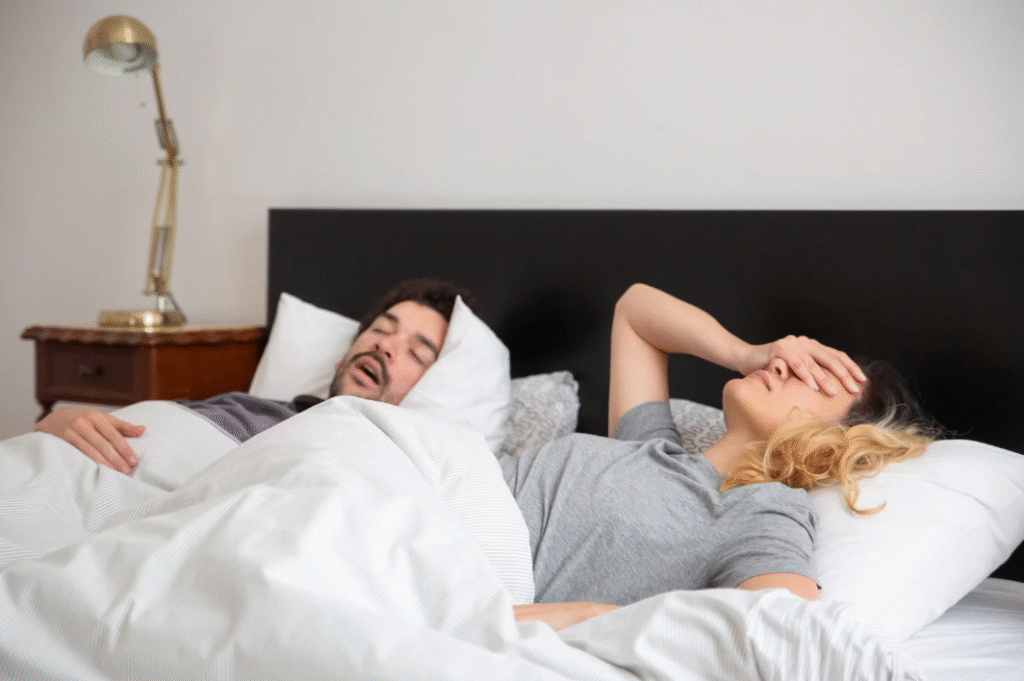
A MAD is a custom-made oral device, similar to a slim sports mouthguard, that you wear while you sleep. It’s designed to gently hold your lower jaw in a slightly forward position. This small adjustment—often just 3 to 4 millimetres—can make a significant difference in keeping your airway open throughout the night.
While over-the-counter “boil-and-bite” devices are available, they often come with challenges:
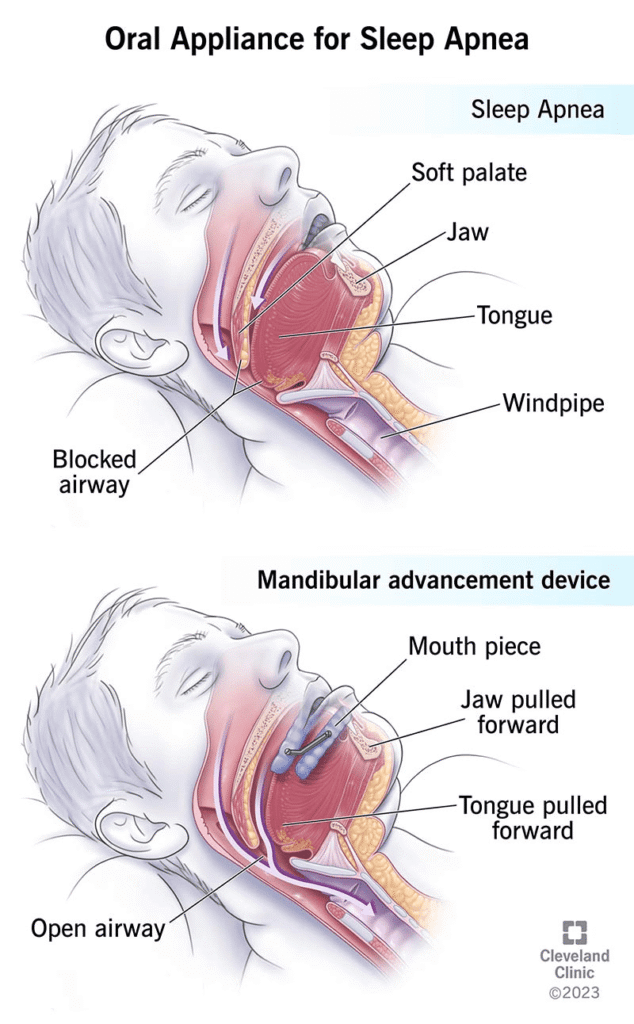
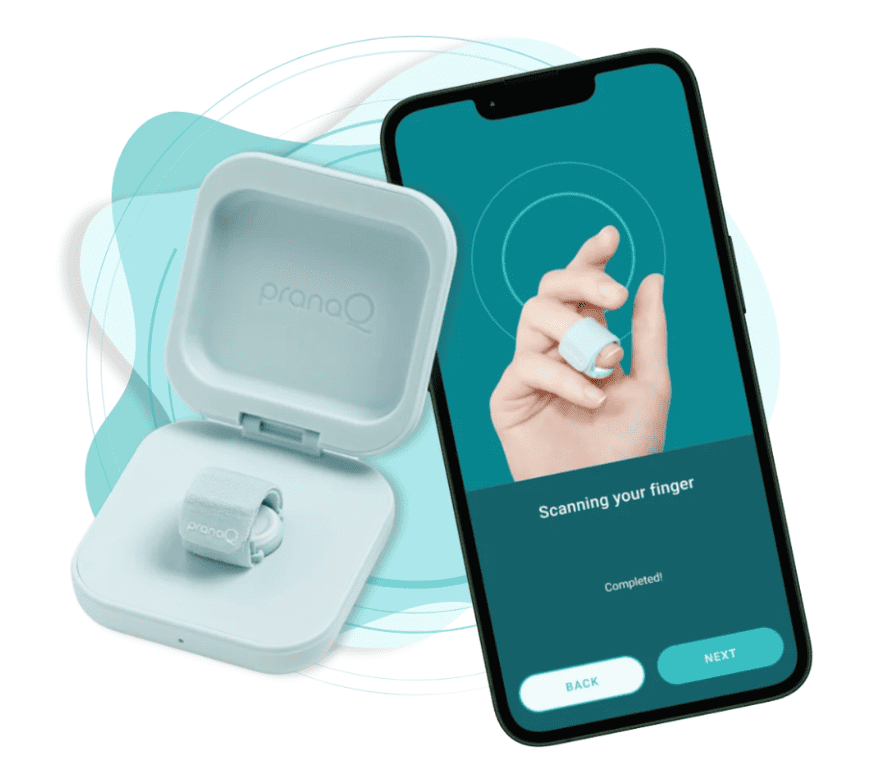
If you suspect sleep apnoea, we offer a simple and clear path to understanding what’s happening:
We provide a small, easy-to-use device (the Prana TipTraQ) that you wear for several nights. It tracks your breathing and oxygen levels while you sleep in your own bed.
We explain what the data shows in a follow-up consultation, answering your questions in plain language.
If a MAD is a good fit for you, we create your custom device based on what we’ve learned from your test.
Sleep apnoea is a sleep disorder in which breathing repeatedly stops and starts during the night. These pauses can last from several seconds to a minute or longer and may occur dozens of times per hour. Very often, breathing resumes with a snort or gasp. This cycle interrupts deep sleep, leaving you tired even after a full night in bed.
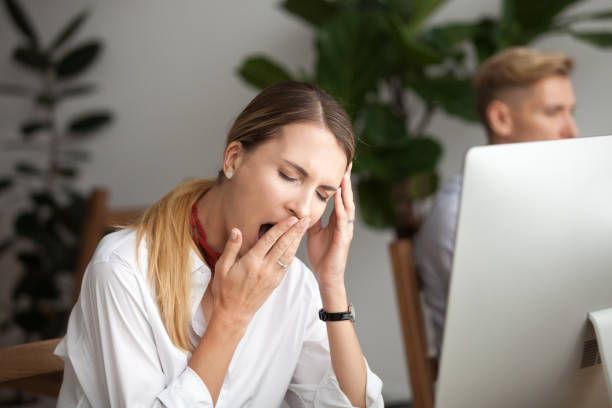
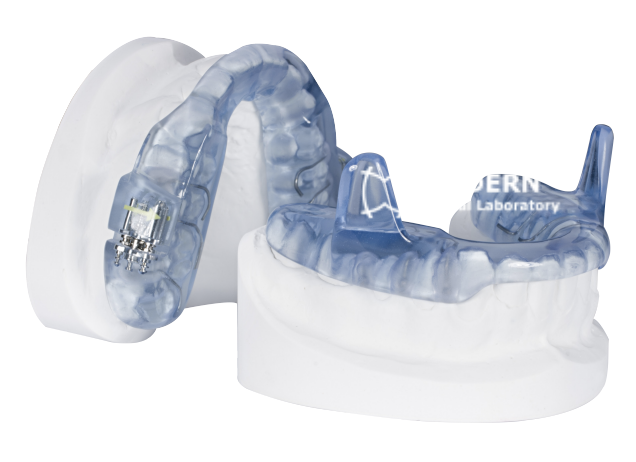
Not everyone who snores has sleep apnoea, but snoring—especially when it’s loud and frequent—is one of the most common signs.
If your snoring is often broken up by pauses, gasps, or choking sounds, it may be a sign of sleep apnoea and worth looking into further.
Left unaddressed, sleep apnoea can influence your overall wellness. It’s associated with:
Changes in oxygen levels may contribute to high blood pressure or heart concerns.
Poor sleep can make it hard to focus, dampen mood, and reduce energy.
It has been linked to a higher risk of conditions like type 2 diabetes.
It may affect memory, concentration, and how you feel day to day.
Often, the first clue something’s wrong is the sound of snoring—but the real concern is the silence that sometimes follows. Those quiet moments can signal paused breathing, which is a hallmark of sleep apnoea. Wondering if this might be you? It usually begins by paying attention to how you feel, both at night and during the day.
You might:
The good news? Finding out is straightforward!
While a sleep study is the most accurate way to know what’s happening, it doesn’t have to be complicated. Many people now do a simple test at home using a small monitor that tracks breathing and oxygen levels overnight. Information from your own wearable device can also offer helpful insights to bring to your consultation.
Sleep apnoea can affect different people, but some factors may make it more likely:
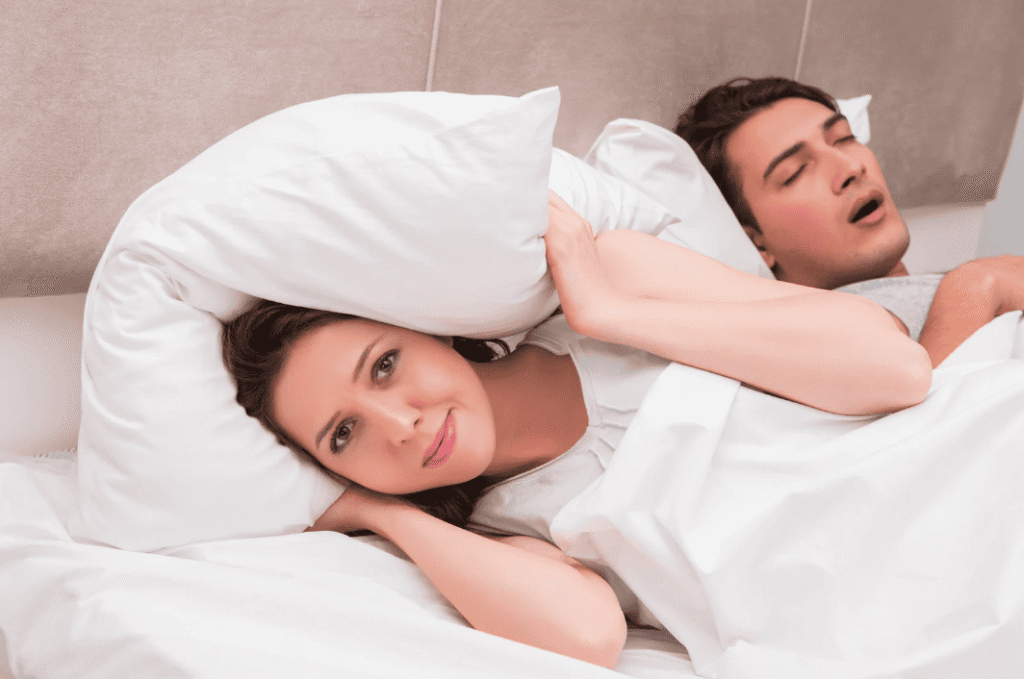
A custom-made oral device can be an excellent option, especially if you:
Selecting a device made specifically for your mouth offers meaningful benefits:
If any of this resonates with you, we invite you to reach out. We’re here to help you understand your options and support you in finding a solution that lets you wake up feeling your best.

Director / General Dentist
BDS, MDS, Adv Dip (Perio)
MRD RCSEd (UK), MRACDS (Aust)
Speaks English, Hindi
Take the first step towards better sleep and health. Contact us to book a professional consultation with our expert team.